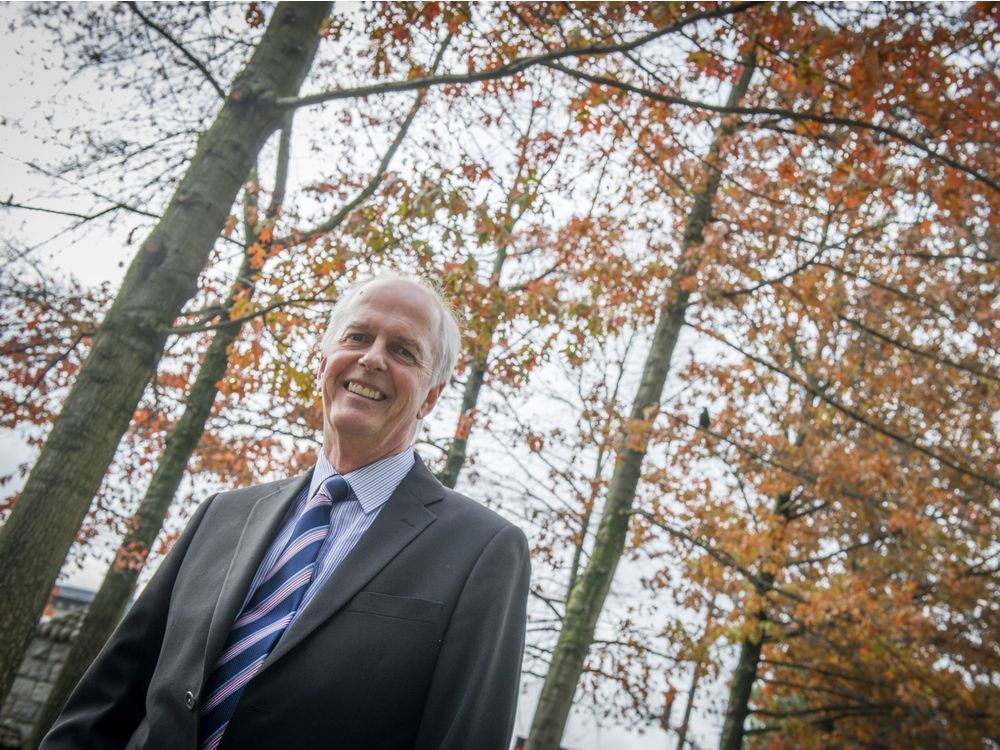World Sleep Congress to descend on Vancouver with latest scientific findings

Credit to Author: Gordon McIntyre| Date: Sun, 15 Sep 2019 22:15:23 +0000
“Wynken, Blynken and Nod one night sailed off in a wooden shoe, sailed on a river of crystal light into a sea of dew.”
All sorts of things interrupt or prevent our sleep, and next weekend 2,800 doctors and scientists from 76 countries will congregate at the Vancouver Convention Centre to discuss sleep disorders and the latest studies and remedies.
“The three secrets to a long and healthy life are a good diet, exercise and sleep,” said Dr. John Fleetham, one of the Sleep Congress organizers. “We spend a lot of time promoting exercise and a healthy diet, but we do not spend a lot of time promoting good sleep.”
Poor sleep equals poor health. Poor sleep and sleep disorders — of which there are about 98 types — result in impaired quality of life and decreased life expectancy, he said.
Take, for instance, REM sleep behaviour disorder (RBD). In normal Rapid Eye Movement sleep (associated with dreaming) the brain is highly active, but the muscles are in a state of paralysis.
Someone suffering RBD does not experience that paralysis and “acts out” her or his dreams through behaviours such as screaming, limb flailing, jumping from bed, and other violent actions.
“If you develop REM sleep behaviour disorder you are much more likely to develop Parkinson’s disease and dementia,” said Fleetham, a sleep disorder practitioner, UBC professor of medicine, and head of Sleep Disorders Vancouver Coastal Health.
“So there is a lot of interest in that. If we can diagnose RBD, there is a better chance to delay or prevent the development of Parkinson’s disease and dementia.”
Insomnia, sleep apnea, narcolepsy and parasomnia (strange things such as sleep walking, sleep eating, night terrors, teeth grinding, etc.) are all topics that will be covered.
There are dental sessions, as well. Oral appliance therapy, for instance, involves a mouthguard-like device worn overnight to help keep an airway open by preventing soft tissues from collapsing and thus causing sleep apnea.
And the public will have free access to sessions for the first two days through a first-ever Sleep Expo, an unmatched opportunity to gain insight into the science behind sleep study and learn about new research in sleep medicine, Fleetham said.
“We’ve invited all the sleep and sleep disorder people in the world to come to Vancouver,” he said. “It’s not part of the meetings, but we have all these people here, so they may as well talk to the public.”
The Sleep Expo takes place Sept. 21 from 8:30 a.m. to 4:30 p.m., and features experts on narcolepsy, hypersomnia and the effect of sleep deprivation on athletic performance and injury risk among youngsters. It continues on Sept. 22, beginning with a 9 a.m. World Narcolepsy Day live Facebook event followed from 9:30 a.m. to 6:30 p.m. by a public forum on various sleep topics.
Admission is free, but the public is asked to register at sleepexpo.org.
There are all sorts of things that interfere with a good night’s sleep, from hassles with the boss to personal problems to headaches to your partner snoring.
Some are easier to deal with. Fleetham listed electric lighting, television, the internet and caffeine as some of the external causes of sleep disorders.
Sleep apnea should be treated as seriously as diabetes and high blood pressure, he said.
“Untreated sleep apnea predisposes us to heart attacks and strokes. Sleep apnea requires accurate diagnosis and there are a variety of effective treatments.”
It’s your health, you shouldn’t lose any sleep over it.
“So shut your eyes while Mother sings of wonderful sights that be, and you shall see the beautiful things as you rock in the misty sea.”
CLICK HERE to report a typo.
Is there more to this story? We’d like to hear from you about this or any other stories you think we should know about. Email vantips@postmedia.com.